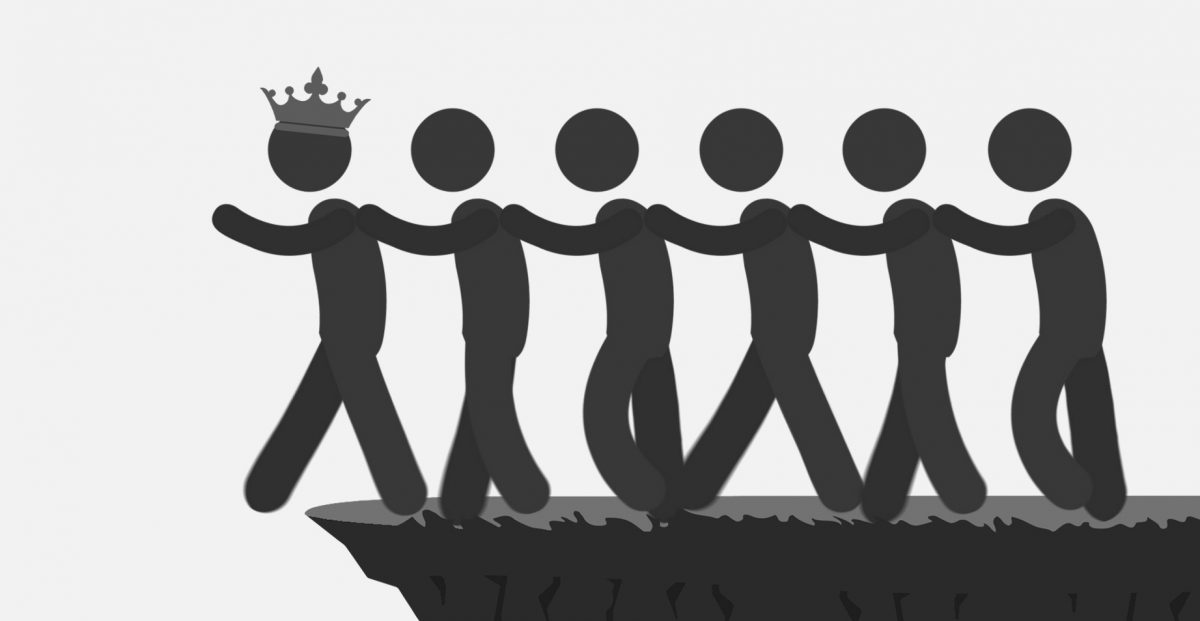Introduction
In the realm of decision-making, the authority bias holds significant sway, leading individuals and groups to defer to figures of authority without critically evaluating their opinions or directives. The authority bias refers to the tendency to attribute greater credibility and expertise to individuals in positions of power or authority, regardless of their actual knowledge or qualifications. Anchored in human psychology, this mental model can have far-reaching implications in our daily lives, influencing personal decisions, business scenarios, and public policy-making. In this blog post, we will explore the concept of authority bias, its relevance in decision-making, its prevalence in various contexts, and provide practical strategies to mitigate its effects, fostering more objective and informed decision-making.
The Relevance of Authority Bias in Decision-Making
Authority bias plays a crucial role in decision-making processes by influencing our perceptions of credibility and expertise. Humans are social beings wired to rely on hierarchies and defer to individuals in positions of power or authority. In many situations, this bias can be adaptive and efficient, as it allows us to make decisions more quickly and efficiently. However, it can also lead to irrational decisions that are contrary to our best interests when we unquestioningly follow authority figures without critically evaluating their opinions or directives. The prevalence of authority bias can be observed in personal life decisions, business scenarios, and public policy-making, where individuals or groups can be swayed by authoritative figures, even in the absence of strong evidence or rational reasoning.
Examples of Authority Bias
- Personal Life Decisions: In personal life decisions, authority bias can manifest when individuals rely solely on the advice or opinions of family members, friends, or influential figures without considering other perspectives or doing their own research. For instance, a person may choose a career path based on the recommendation of a respected family member, even if it does not align with their true interests or aspirations.
- Business Scenarios: In business settings, authority bias can be observed when employees unquestioningly follow the directives of their superiors without critically evaluating the rationale or considering alternative approaches. This can stifle innovation, hinder creativity, and limit the organization’s ability to adapt to changing circumstances.
- Public Policy-Making: In the realm of public policy-making, authority bias can lead to decisions based on the opinions of influential politicians or experts without thorough scrutiny or consideration of opposing viewpoints. This can result in policies that may not be in the best interest of the broader population or fail to address complex societal challenges adequately.
Mental Biases and Psychological Underpinnings
Several mental biases contribute to the occurrence of authority bias. The Halo Effect, for example, leads individuals to form a positive overall impression of an authority figure based on a single desirable trait or accomplishment. This positive bias can influence our perception of their expertise and credibility, leading to unquestioning acceptance of their opinions or directives.
Additionally, the Anchoring Bias can contribute to authority bias by causing individuals to anchor their judgments and decisions to the opinions or directives of authority figures, even in situations where objective evidence suggests otherwise. The desire for social conformity and the Fear of Speaking Out can also play a role, as individuals may fear challenging authority due to potential negative social consequences or a loss of perceived status.
Identifying and Avoiding Authority Bias
To mitigate the influence of authority bias and make more objective decisions, consider the following strategies:
- Develop critical thinking skills: Cultivate a habit of critically evaluating information and opinions, including those from authority figures. Train yourself to ask questions, seek evidence, and evaluate alternative viewpoints.
- Seek diverse perspectives: Actively seek out diverse perspectives and opinions. Engage in discussions with individuals who may offer different insights or challenge the opinions of authority figures. This helps broaden your understanding and encourages critical thinking.
- Conduct independent research: Take the initiative to conduct your own research and gather evidence to support or challenge the opinions of authority figures. This empowers you to make informed decisions based on objective information rather than blind deference.
- Encourage open dialogue: Foster an environment that encourages open dialogue and constructive dissent. Promote a culture where individuals feel comfortable expressing their views and challenging authority when necessary.
Conclusion
The authority bias is deeply rooted in human psychology and can significantly impact decision-making processes. By recognizing its occurrence in various contexts, understanding the mental biases that contribute to it, and implementing practical strategies to counter its effects, individuals can make more informed and objective decisions. Critical thinking, embracing diverse perspectives, conducting independent research, and fostering open dialogue are crucial steps towards avoiding the pitfalls of authority bias. Awareness and active avoidance of this mental trap can lead to more optimal outcomes, both in our personal lives and in broader societal decision-making.
